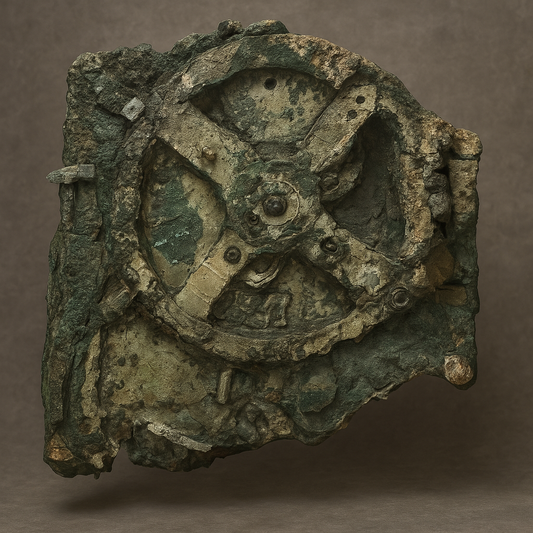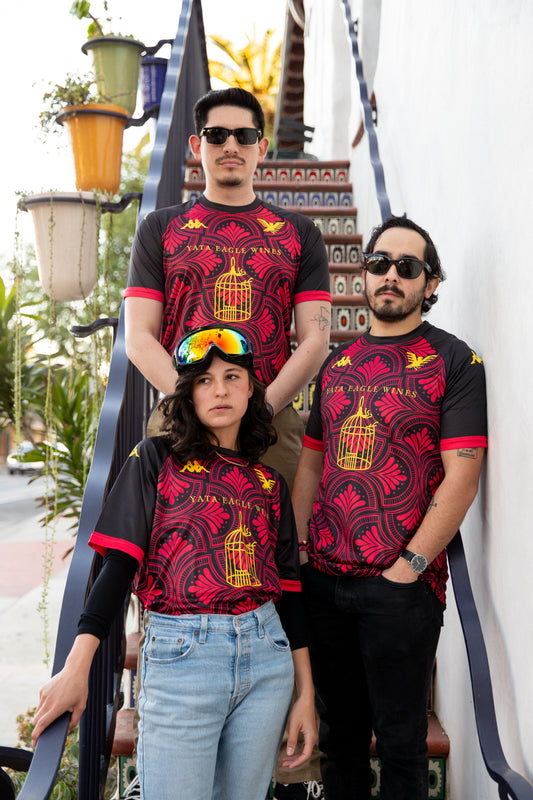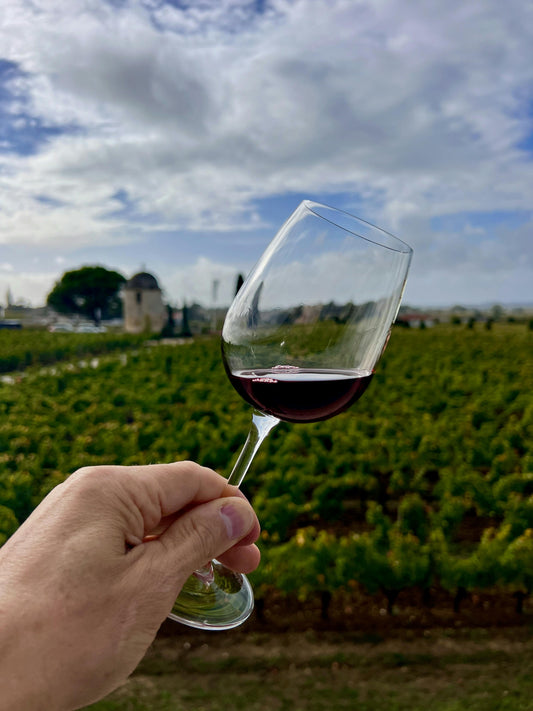You ring the doorbell and you’re greeted by the host of the get-together. They’re happy to see you arrive. They’re even more delighted when they see you holding a bottle of wine. Perhaps you’ve thought too long about how to hold that bottle, especially if you’re trying to impress them. Hold it by the neck, and you emulate the image of a happy farmer pulling the bountiful harvest of carrots after a good year. Hold it by the body, and you’re ready to pass the bottle like letting go of a bowling ball, ready to start the evening with the noise of clattering glasses. Hold it by the punt and maybe you’re hiding a bomb there to assassinate the late Tsar Alexander II of Russia (link here).
There has been introduction of new packaging for wine such as aluminum cans, plastic bottles (link here), or plastic bags in boxed wines. These are relatively new inventions with the advancement of material science. Traditionally, wine was transported and stored in amphoras, the ceramic jars that were used often in the Greek Empire. When the Romans acquired it and found that it broke often during transportation, they looked to the Gauls to figure that wooden barrels were great transport and storage vessels for wine. The invention of glass through the use of fire (by the way, great article on fire and how society has been shaped by it, https://www.e-flux.com/journal/137/543252/ashes-to-ashes-on-combustion-and-tyranny/), led people to store wines in glass bottles for personal usage. Surprisingly, much like the glass situation in China where the adoption of glass vessels was not adopted until the Tang dynasty (618-907 AD) due to the culture and society not needing them since they were satisfied with their ceramics and pottery, the use of plastic or aluminum for wine packaging didn’t arise because people or consumers were sick of glass bottles, but because of several other needs that came up. What were those needs? Affordability, environmental friendliness (less fossil fuel to transport packaging that weighs less, less energy to refrigerate), and convenience.
Our needs as a society changes though. Our needs are “plastic” in the definition that it is molded and adapted to our environment. Your needs are yours specifically but the needs of our world includes yours as well. The answer to your needs is at the bottom of the bottle and the answer to the world’s needs lay on the other side of that bottom. At times, what could help blend those two together is the obstruction of the manner in which our relief and satisfaction are commodified.
Those needs are cherished as we ferment on them, leading us to find our identity in the needs and desires while leaving it too long can possibly produce undesired characteristics. Like yeasts multiplying, we find that others like us with similar needs are in the same conditions as us and we gain momentum, driving the recognition of our needs. The needs of the soul are different. The eschatology and its search for the truth are a specific need that may be the connection between our own needs and the worlds’ needs. There are often cultural or religious differences that indicate the closer it is to find the soul’s locus of needs, the further it strays away from the needs of our brothers and sisters.
There is another school of thought that argues the soul’s needs stay constant despite the change of the environment, unlike our needs and the world’s needs. There is a thought that since those needs connect our individual needs and the world’s needs, that it moves in unison with them as they traverse through the space of possibilities, like two moons moving in unison with its main planet across the universe.
The next question isn’t figuring out what the needs are (for the purpose of this conversation). And it is.
The next question is about figuring out what can solve those needs. And it isn’t.
Choosing between having all the produced wine be packaged in plastic, aluminum, or glasses won’t solve any of the three needs. Yet those needs can be solved in combination with means other than choosing how it’s packaged. Choosing who, how much (quantity), how much (price) are other variables that we should all collectively advocate for as well. Figuring the needs themselves require us to be plastic about our expectations of the world; my idea of what the world needs isn’t what the world needs. It is about what the world collectively needs, what the utopia needs.
Yet Yata Eagle Wines has its needs too. It is about giving the people the opportunity to reflect on what they need, and giving the resource and platform for them to voice what their needs are. We are looking forward to the truth. Yata Eagle Wines will be “plastic” according to what the world needs.




